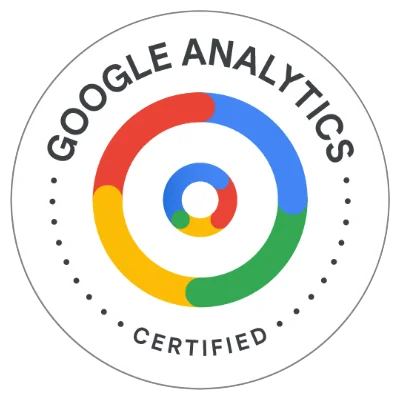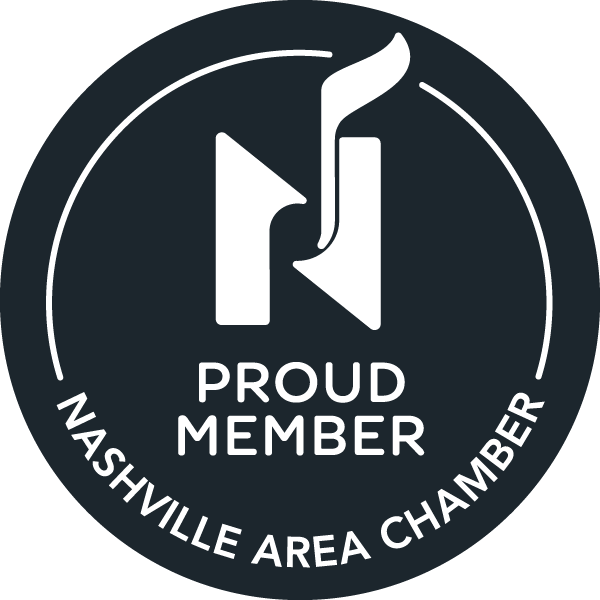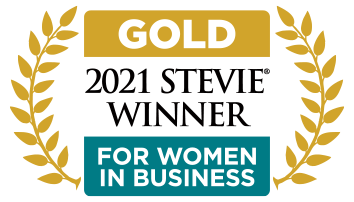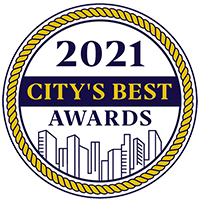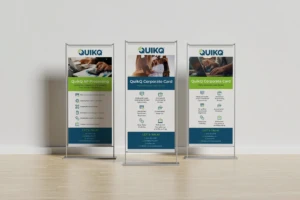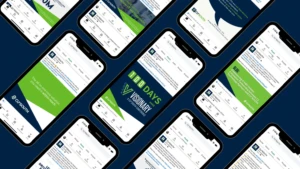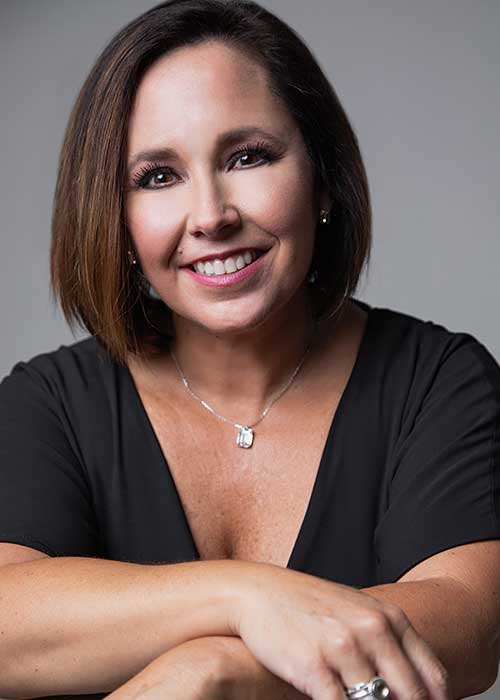
Nashville Business Journal Leadership Trust
Various article content provided by Kedran Whitten
Kedran Whitten is cofounder of Brand825, a full-service marketing and creative agency that is passionate about building successful brands.
There’s more to every job candidate than just their résumé. While a list of skills provides useful insight into how well an applicant’s experiences match the position requirements, it won’t provide enough information to help you know whether that person is the right fit for your organization. A candidate who appears perfect on paper may not quite “click” with the rest of the team, while another candidate who lacks certain skills may show great potential to grow within the company.
To inspire you to look beyond a candidate’s résumé or LinkedIn profile, 16 members of Business Journals Leadership Trust share insightful questions they’ve asked in interviews and what they learned about applicants in the process.
1. ‘How did you enhance the culture in your previous work environment?’
I believe it is important to hire candidates who enhance a company’s culture. I like to ask candidates to share how they have contributed to and enhanced the culture of their previous work environments. Responses are raw, unrehearsed and sincere. – Brigg Bunker, Foulger-Pratt
2. ‘What are some ways you made an impact beyond your job description?’
This question allows you to focus less on requirements and more on potential outcomes. What makes someone an outstanding candidate isn’t always captured on paper or within checklists. Provide an opportunity for them to tell you a story, offer insights into their thought processes and reveal their mindset for impact. – Keri Higgins-Bigelow, livingHR, Inc.
3. ‘What are your long-term career goals?’
We like to know what a candidate is looking for in their career in the long term, even outside of the interview. The range of answers we’ve received has helped us see how we can help candidates achieve their personal career goals, regardless of the amount of time they may be with us. Likewise, depending on the answer, we’ll know if they are a team player for the short or long term and can plan accordingly. – Joseph Princz, Wrecking Ball
4. ‘How do you handle a recurring problem you can’t change?’
Sometimes there are issues that are out of their control. If an employee fixates on problems and can’t move beyond them, it can limit their ability to do the job. – Allison Kreiger Walsh, The Recovery Village
5. ‘What is your genius zone?’
I like talking about the “genius zone” — what they do uniquely that feels effortless and alive but is an obstacle for others. This is different than a zone of competence (what they are good at doing). Success is achieved if you can help someone get and stay in their genius zone. First, they need to be able to articulate what it is. Probing that with curiosity is fun. – Russell Benaroya, Stride
6. ‘What do you want to do next?’
One of my favorite interview questions to ask candidates is what they want to do after their time at our company. One of my jobs as a CEO is to empower the people who work for me. If I know the aspirations of an individual, we can help get them there while they’re here with us. – Blake Miller, Homebase.ai
7. ‘What has happened when you’ve been criticized?’
Since ours is a mentor/mentee relationship when starting new people, it’s imperative that they be coachable. Of course, every interviewee claims they are the poster person for coachability. The most insightful item we put on the table is: “Describe several situations in which you’ve been criticized and what happened.” Then, we listen for defensive versive receptive response patterns. – Greg Boucher, ThinkingAhead
8. ‘Tell me about a work task you found challenging.’
I ask the applicant to tell me a story about something they did at work that they found very challenging and whether they were proud of the outcome. The resulting anecdote frequently illustrates their organizational, interpersonal and problem-solving skills. – John Dini, MPN Inc.
9. ‘Describe the best job you ever had.’
I ask candidates to describe the best job they’ve had or the best team they’ve worked on. What made it the best? It gives me insight into how they collaborate, how they like to work, what challenges them and how they define work “success.” The answers are usually about the impact of the work/project itself as well as what they enjoyed about the experience. – Aviva Ajmera, SoLVE KC
10. ‘What do you know about this company?’
It’s always a good sign for me when a candidate has prepared an answer to this question. Good candidates will not only answer this question but also prepare suggestions or ideas that they think could contribute to your company goals. – Solomon Thimothy, OneIMS
11. ‘What did you learn from your most recent failure?’
I want to know about a recent failure and what they learned from it. People fail because they try things they have not done before; they stretch themselves. I want to work with people who are not afraid of going to the edge of their comfort zone and learning something about themselves or the process that they can implement. – Priya Cloutier, Cloutier Arnold Jacobowitz PLLC
12. ‘How do you get customer/client buy-in?’
My favorite question to ask is, “How can you tell if a customer or client hasn’t bought into your proposed solution, and what do you typically do about it?” This question shows you their level of empathy and ability to read between the lines, as well as their problem resolution capacity — all in one question. – Courtney Folk, Textile Restorations
13. ‘What would you do in the following situation?
Ask a candidate to provide their ideas about a real-world business situation you are looking to solve. You’ll get to see what their approach would be to tackle the situation and come up with a strategic response. This insight is key to seeing how they think through things and how they would respond to you or the business on a daily basis. – Jessica Hawthorne-Castro, Hawthorne Advertising
14. ‘What is the most significant constructive criticism you’ve received in a performance review?’
First, it’s a red flag if they say they’ve never received negative feedback or criticism. I also want to see how comfortable they are when talking about self-improvement. But most importantly, I want to know what they did to learn from and improve upon that criticism. It speaks to their humility. – Kedran Whitten, Brand825
15. ‘What is your Enneagram type?’
I enjoy seeing what number someone is on the Enneagram. It allows me to see the real person and understand how they relate to the world. I also look at the staff currently doing the job where I have a need and see where they fall on the Enneagram. It helps me know what number will best suit that role when interviewing. – Amber Duncan, Jackie
16. Try some silence.
Silence is actually an extremely effective tool when interviewing. People will tell you all sorts of things about themselves if given the silence to do so. After they’ve answered a question, sometimes I take my time making notes. Often applicants will feel compelled to fill the space with more about themselves. – Tashina Bailey, The Bar Method Portland
Link to article on NASHVILLE BUSINESS JOURNAL.

